What's New
Displaying results 1381 - 1390 of 4899
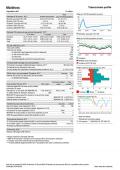
Resource | Reviews and Snapshots,
Tuberculosis country profiles are generated automatically based on data reported by countries and which are held in WHO's global TB database.
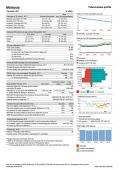
Resource | Reviews and Snapshots,
Tuberculosis country profiles are generated automatically based on data reported by countries and which are held in WHO's global TB database.
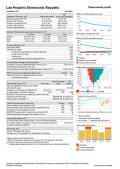
Resource | Reviews and Snapshots,
Tuberculosis country profiles are generated automatically based on data reported by countries and which are held in WHO's global TB database.
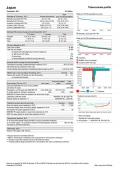
Resource | Reviews and Snapshots,
Tuberculosis country profiles are generated automatically based on data reported by countries and which are held in WHO's global TB database.
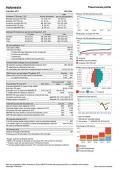
Resource | Reviews and Snapshots,
Tuberculosis country profiles are generated automatically based on data reported by countries and which are held in WHO's global TB database.
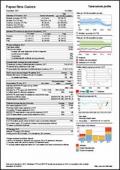
Resource | Reviews and Snapshots,
Tuberculosis country profiles are generated automatically based on data reported by countries and which are held in WHO's global TB database.
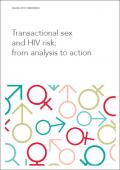
Resource | Publications,
This reference document provides a detailed analysis of transactional sex and discusses policy options and principles of engagement around transactional sex in the context of HIV prevention. Although transactional sex is practiced by men and women in all regions of the world, this document focuses specifically on the determinants and consequences of adolescent girls’ and young women’s engagement in transactional sex in sub-Saharan Africa. We focus on this population because of the potential importance of transactional sex for young women’s HIV risk in this region. The document will not address men who have sex with men or gay men and transgender people and the engagement around transactional sex.
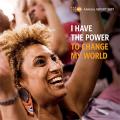
Resource | Publications,
Year on year, millions of women and adolescents in 155 countries and territories have been progressively able to exercise their sexual and reproductive health and rights. This is in no small measure as a result of UNFPA programmes and activities.
The UNFPA strategic plan for 2014-2017 set ambitious targets for increasing access to sexual and reproductive health services. These services have empowered millions of women to make their own decisions about whether, when or how often to become pregnant. They have enabled millions of teenagers to avoid unplanned pregnancy and to make safe and healthy transitions to adulthood. And they have slowed the unnecessary and cruel tide of maternal death.

Resource | Publications,
Supported by infographics, the 2017 illustrated annual report sums up the evaluation function’s performance in the areas of corporate and decentralized evaluations and provides an overview of the measures undertaken to strengthen UN Women’s contribution to UN system-wide coordination and national capacity development for gender-responsive evaluation.
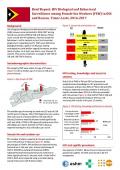
Resource | Fact Sheets,
HIV Integrated Biological and Behavioural Surveillance (IBBS) surveys were conducted in 2016-2017 among female sex workers (FSW) in Dili and Baucau, Timor-Leste to track the HIV epidemic, monitor sexual risk behaviours, and to measure access to intervention programs in responding to HIV. FSW were defined as biological females, aged 17 to 49 years, having exchanged sex (anal and/or vaginal) for money or other items of value, to at least two clients, over the past 12 months. This survey resulted in a sample of 202 FSW in Dili and 110 FSW in Baucau.





